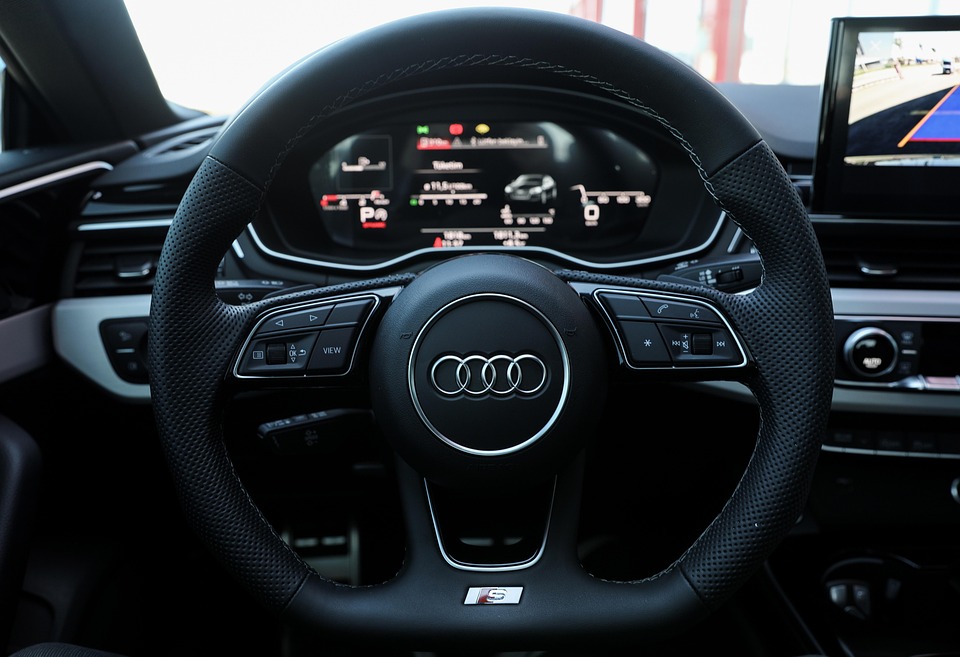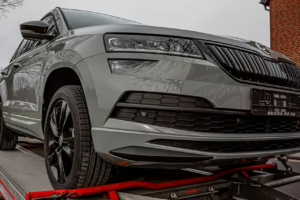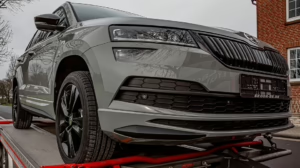Driving Innovation: How Leading Car Brands Are Shaping the Future of Mobility
The automotive industry is at the cusp of a transformative era, fueled by rapid technological advancements, changing consumer preferences, and an increasingly urgent need for sustainable solutions. Leading car brands are not just adapting to these changes; they are actively shaping the future of mobility through innovation. This article explores how some of the most prominent names in the automotive sector are pioneering new technologies, designs, and business models to redefine transportation.
Electrification: The Power of Electric Vehicles (EVs)
One of the most significant trends reshaping mobility is the shift towards electrification. Major car manufacturers like Tesla, Ford, Volkswagen, and General Motors are investing heavily in electric vehicles. Tesla, for instance, has set the standard in the EV market with its cutting-edge technology, impressive range, and unique autopilot capabilities. The company’s mission goes beyond just selling cars; it aims to accelerate the world’s transition to sustainable energy.
Volkswagen’s ID. Series exemplifies a traditional brand’s commitment to electric mobility. The ID.4 crossover has not only gained positive reviews for its performance and design but also represents VW’s strategic pivot towards an all-electric future. As regulations ramp up to combat climate change, car brands are recognizing that EVs are not just an option but a necessity.
Autonomous Driving: The Road to Self-Driving Cars
Autonomous driving technology is another frontier where car manufacturers are investing significantly. Companies like Waymo, a subsidiary of Alphabet, and Ford are at the forefront of developing self-driving technologies. Through extensive testing and partnerships with tech firms, these brands are working to create vehicles that can navigate roads without human intervention.
This shift towards automation is reshaping our perception of mobility. Imagine shared, autonomous electric vehicles roaming urban landscapes, drastically reducing traffic congestion and emissions. While fully autonomous vehicles are still a few years away from reality, incremental advancements in driver-assistance technologies serve as a stepping stone, enhancing safety and user experience in the interim.
Connected Mobility: The Digital Transformation
Connectivity is becoming a cornerstone of modern vehicles. Car manufacturers are integrating advanced digital technologies to create a seamless experience for drivers and passengers. Brands like Mercedes-Benz and BMW are leading the charge with their sophisticated infotainment systems, featuring AI-driven personal assistants and real-time diagnostics.
Moreover, vehicle-to-everything (V2X) communication is on the horizon, enabling cars to interact with infrastructure and other vehicles. This technology has the potential to improve traffic management, reduce accidents, and enhance the overall driving experience. As car brands continue to innovate in connectivity, the modern vehicle is evolving from a mere mode of transportation to a mobile digital ecosystem.
Sustainability and Circular Economy
Beyond electrification, sustainability is a core focus for many leading car brands. Manufacturers are exploring ways to make production processes more eco-friendly, from sourcing raw materials responsibly to implementing sustainable manufacturing practices.
BMW’s commitment to sustainability includes using recycled materials in their vehicles, aiming for a circular economy where products are reused and recycled at the end of their life cycle. Similarly, Ford’s initiative to produce its electric vehicles with a smaller carbon footprint showcases the shift toward environmentally conscious production.
New Business Models: Subscription and Mobility as a Service (MaaS)
As consumer preferences shift, car brands are exploring innovative business models to adapt. Subscription services and Mobility as a Service (MaaS) are gaining traction as alternatives to traditional car ownership. Brands like Volvo and Porsche are testing subscription services that provide customers with flexible access to vehicles without the long-term commitment of ownership.
These models cater to a younger, more urban demographic that values convenience and flexibility over ownership. As cities become more crowded and public transportation improves, car manufacturers are evolving their business strategies to align with changing consumer behaviors.
Conclusion
The future of mobility is being shaped by the innovative efforts of leading car brands who are not only embracing technological advancements but also prioritizing sustainability and consumer-centric solutions. The automotive industry is transitioning into a new era, where electrification, automation, connectivity, and responsible production are at the forefront. As these advancements continue to evolve, they promise to redefine our relationship with transportation—making it more efficient, accessible, and sustainable than ever before. The road ahead is filled with exciting possibilities, and as we drive into this new future, we can expect radical changes that will enhance our mobility experience for generations to come.


























Add Comment